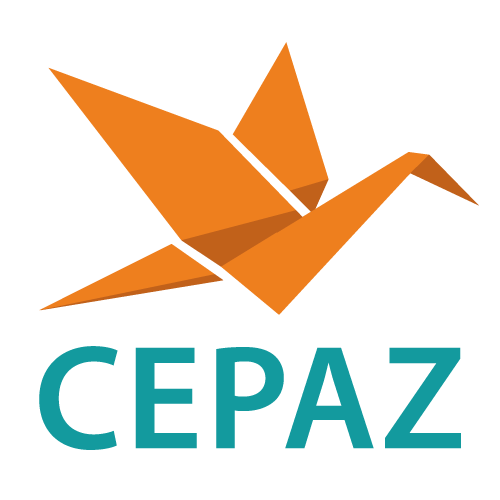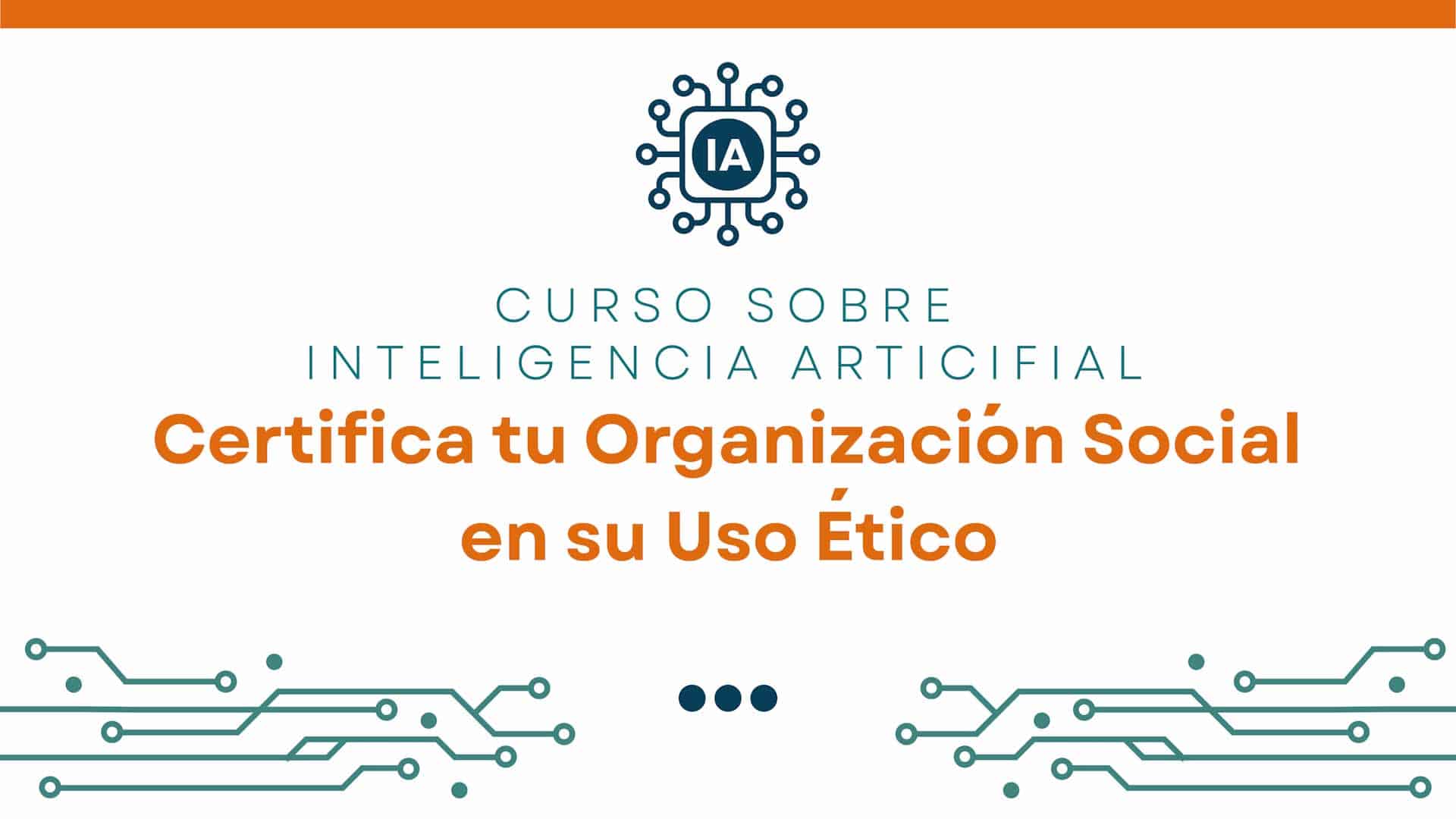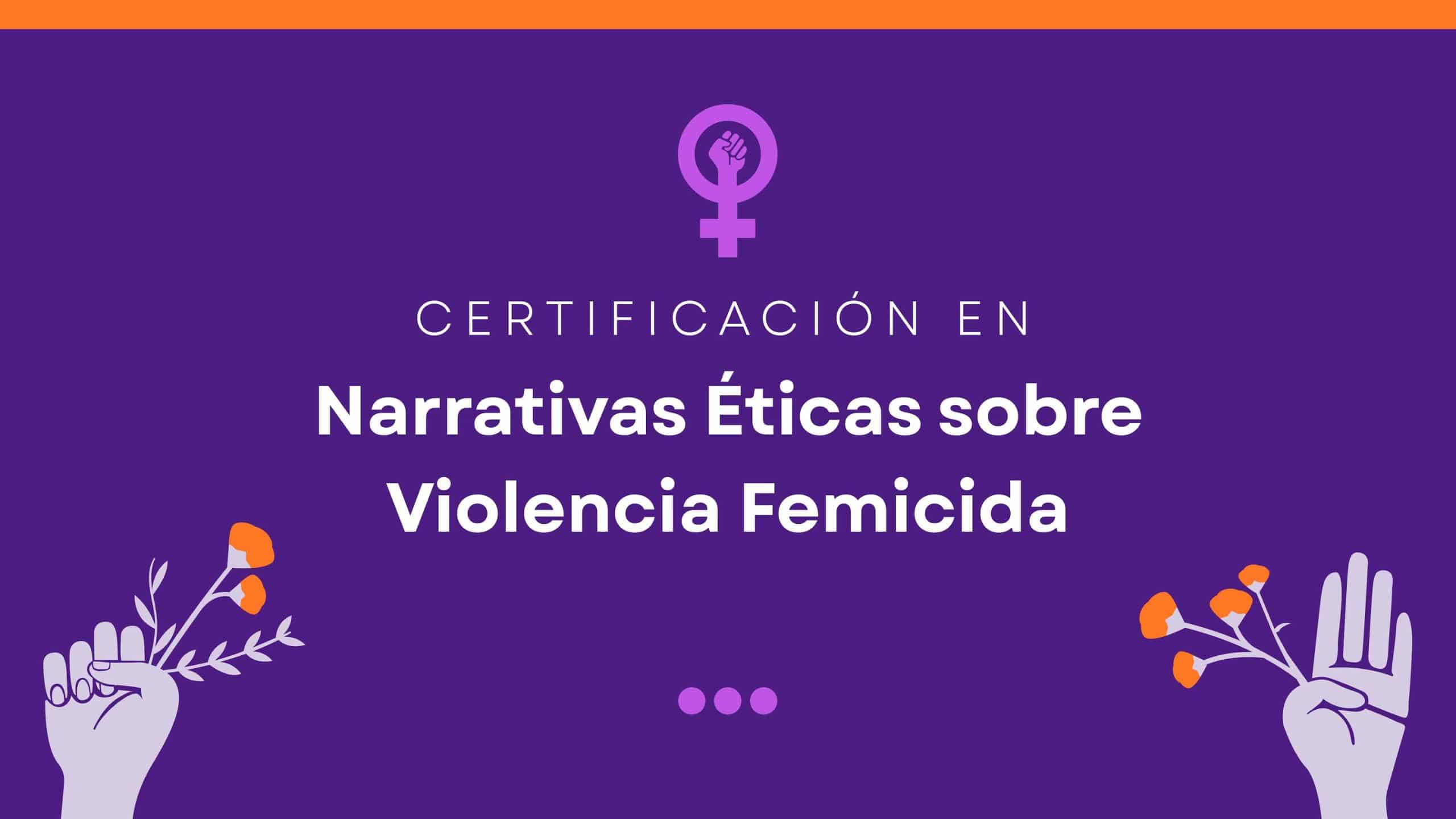The Centro de Justicia y Paz (Justice and Peace Center, Cepaz), a Venezuelan organization committed to democratic values and the exercise of political participation as a citizen’s right, initiated in 2015 the conduct of citizen oversight with a human rights perspective in the different electoral events. The organization selected “denunciation, documentation and dissemination” as a methodology to monitor the exercise of political rights in Venezuela. The initiatives focused on the importance of political rights as human rights and the intimate relationship that their exercise has in the validity of democracy.
From the result of the different monitoring and documentation processes, Cepaz together with partner organizations in Red Electoral Ciudadana (Citizen Electoral Network), records human rights violations in the context of electoral events in Venezuela, stating that political rights are violated in the country and that we should not only refer to political rights but the right to freedom, integrity, expression, public information, truthful and transparent. These rights are currently undermined as a result of the rupture of the public powers’ democratic institutionality, of the media, and the continued political persecution of those who dissent from the de facto government.
In the broadest sense, political rights are not limited to the exercise of the vote. There is a wide range of rights and guarantees that must exist for political rights to be consolidated. Citizens exercise them before, during, and after the electoral event so that it can be considered fair, free, and authentic.
How has this undermining of political rights worked out in Venezuela?
For several years there has been a process of weakening and undermining the right to choose and the possibility of democratic alternation in Venezuela.
The breakdown of the democratic system in Venezuela became evident after the 2015 parliamentary elections when the popular vote chose members of the opposition as representatives to the Parliament. The Constitutional Chamber of the Supreme Tribunal of Justice (TSJ) decided to dissolve the competencies of the National Assembly (AN) elected by the people, following obvious orders from the Executive Power. This move came after the Tribunal declared it “in contempt” about the status of the deputies elected in Amazonas state.
Both situations would be triggers and set the tone for what would happen in subsequent years. In 2016, 2017, and 2018 the events and actions in electoral matters ceased to be events for the fulfillment of the civil and political rights of Venezuelans and became acts that evidenced the hijacking of public powers to block the political change and democratic alternation in power, eventually plunging the country into a deep institutional crisis.
Under these conditions, the presidential elections held on May 20, 2018, lacked all legitimacy. In consequence, the national and international community rejected the presidential mandate that Nicolás Maduro initiated in January 2019, leaving the country in a serious crisis of governance that remains today.
Cepaz and several civil organizations in Venezuela documented the electoral event and its incidents, detailing the conditions that determined the illegitimacy of the electoral process. Marked by a pattern of violation of the political rights of Venezuelans and the impediment of exercising other rights inherent to democracy, these elections cannot be considered authentic.
We have denounced the absence of free, independent and pluralistic information media, the lack of international observation, the use of public funds for the electoral campaign. We recorded the use of public goods for the transportation of voters, the existence of Puntos Rojos (Red Points) near the electoral centers, technical failures in the installation of the voting centers, intimidation, assisted votes, and electoral advantages among others.
In addition to this, there are patterns of political persecution in Venezuela against democratic leaders and their families, human rights defenders, and anyone who minimally dissents from the group in power. These are not isolated events, but generalized and systematic acts designed and executed to weaken political dissent in Venezuela.
The political rights of every Venezuelan citizen are greatly affected today. We cannot speak of authentic, free, and democratic elections when the Venezuelan citizen is persecuted and frightened, when the electoral events are full of unfairness, corruption, breaches of the law, and without the existence of an independent arbitrator. Therefore, there is no doubt that the full exercise of political rights implies the possibility of exercising other rights that are inherent to the existence of democracy.
Together with the breakdown of the political structure of the government and its lack of legitimacy, the continuous irregularities, and human rights abuses have left the country immersed in a deep multidimensional and human mobility crisis, which far from allowing the exercise of democracy perpetuates the group in power and prolongs the crisis in Venezuela.
We insist that democracy, respect for human rights, and fundamental freedoms are interdependent and as a whole allow the right of every citizen to be part of the public affairs of a country.
Electoral Democracy and Human Rights
Democracy is the system that best responds to human rights. There are no political rights and authentic elections without democracy. So, how can there be an electoral end to the Venezuela crisis without democracy?
The organizations of independent civil society have repeatedly stressed the need for a peaceful and electoral solution in Venezuela, as well as the various actions to generate the required electoral confidence. We understand that in the context of the multidimensional crisis that exists in Venezuela today it is difficult to think of a peaceful and electoral solution. However, we insist on the urgent need to create the conditions for the restoration of the political rights of citizens so urgently needed.
Different strategies could serve to simultaneously address a crisis as complex as ours. In this sense, the international mechanisms and the United Nations (UN) play a fundamental role.
Venezuela positioned itself as an important item on the international agenda in 2019. Different entities recognized the crisis. We recall the memorandum of understanding signed between the High Commissioner and the government of Nicolás Maduro in 2019 that included the creation of a fact-finding Commission and the future the establishment of an office of the High Commissioner.
In this regard, we recognize that the UN has advanced actions for democratic change. They achieved a presence in the country through the office of the High Commissioner, who committed to address the crisis. The United Nations also has specialized bodies, specifically the Department of Political Affairs and Peacebuilding through the Electoral Assistance Division, which could contribute to the process of democratic reconstruction in the country through capacity building strategies, as it did in Cambodia (1992) and East Timor (2007), just to name a couple of examples.
United Nations electoral assistance
The electoral assistance of the United Nations has a legal basis circumscribed to the five main areas in which the organization executes this type of action: Human Rights, Development, Decolonization, Democracy, and Post-Conflict. We explain in more detail below:
a. Human rights
The Universal Declaration of Human Rights contains the principles that support electoral assistance and that we can find mainly in three provisions:
Art. 19 concerning freedom of opinion and expression,
Art. 20 which deals with the freedom of peaceful assembly and association, and
Art. 21 that develops the principle of political representation.
b. Development
Electoral assistance is also linked to development. Article 1 of the UN Charter refers to international cooperation in solving international problems of an economic, social, cultural, or humanitarian nature, and in the development and encouragement of respect for human rights and fundamental freedoms without distinction on the grounds of race, sex, language or religion;
In 2004, the technical assistance of the United Nations observed a conceptual evolution, which expanded its performance and purpose beyond a particular electoral event to cover:
1) process assistance, 2) capacity building and 3) institutional development.
That said, the electoral assistance projects designed since then have a focus on the gradual improvement of the electoral processes through the electoral cycle approach.
c. Decolonization
The formal development of the current UN electoral assistance framework comes directly from the decolonization and work of the Organization in the context of the plebiscites held in the non-autonomous territories and is based on the principle of self-determination of the peoples.
Although it does not express it directly, electoral assistance in the framework of Human Rights points to the need for the elections to meet several conditions to be considered authentic, periodic, universal and secrete, in a way that guarantees all citizens the conditions to choose and to be elected.
d. Democracy
The fourth aspect that supports electoral assistance is the strengthening of democracy. The acceptance of democracy, as well as the evolution of development policies, have an impact on electoral assistance. Thus, the objectives and practices of electoral assistance have undergone changes and evolution, both conceptual and procedural, that correspond to the UN’s affirmation of democracy as one of its objectives.
In the 2009 report on electoral assistance, the Secretary-General of the United Nations advocates electoral assistance not limited to electoral processes but a broader field, including activities related to the democratic electoral process such as support for the creation of political parties or free media.
e. Post-conflict
The consecutive resolutions of the General Assembly on strengthening the effectiveness of the principle of holding authentic and periodic elections have reaffirmed the principles outlined in the objectives of the UN electoral assistance.
Early involvement of electoral experts in different phases of conflict management can be a guarantee for the inclusion of a plausible electoral design in time and scope. These phases include peace negotiations, constituent processes, or the planning of a Peacekeeping Operation.
Legitimacy can be granted through the presence of independent international experts, especially in a context where a significant part of public institutions do not function properly and the administration of justice is weak.
To guarantee the success of the elections in the long term, they must be part of a strategy comprising parallel progress of other political or economic elements of the peace program. Elections are no substitute for the lack of progress in those areas.
Principles of the electoral assistance
In response to these five concepts, electoral assistance should:
- Be present in all phases of the electoral process (prior, during and post elections) to “ensure the continuation and consolidation of the democratization process in the Member States that request assistance;”
- Use a broad approach that allows “contributing to the strengthening of democracy and human rights;”
- Lead to the sustainability of electoral processes in the Member States receiving the assistance;
- Contribute to the maintenance and consolidation of the democratization process in the countries receiving assistance
Electoral Assistance in Venezuela
Through technical assistance, the UN could prepare a diagnostic test to evaluate the situation in the country and verify the operational and logistics that it should develop in the electoral processes to guarantee its security.
Technical assistance would allow important participation and collaboration by the international body. Unlike an electoral observation, which supposes the presence of UN officials that detail each stage of the electoral process and the correct fulfillment of the international standards and the internal legal order, technical assistance allows a larger-scale participation as it supports each phase of the electoral event and the administrative structure of the State to ensure proper compliance with the legal order towards authentic and democratic elections.
Technical assistance can be activated by the express request of the Member State, through the Security Council, or the General Assembly. In this regard, we must continue calling for political negotiations and agreements that allow the UN to act as an independent body in the elections. Some progress is evident in the recent statements made by Jorge Rodríguez, Minister for Communication and Information in Venezuela, who proposed a UN observatory in possible elections. Similarly, the de facto government of Nicolás Maduro affirmed holding parliamentary elections and invited the UN to follow up on the electoral event.
Also, international support is very important to appease political agreements in a possible negotiation and to pave the way for technical support that allows a viable election towards democratic change. In this context, we must continue to show the lack of guarantees for free elections in Venezuela, and therefore the urgent need for direct action from an impartial body.
In short, well-carried out technical assistance, the product of an exhaustive diagnostic report with inter-agency collaboration between UN agencies, would allow the establishment of new electoral institutions, legal, logistical, and technical advice to ensure impartial elections in addition to ensuring respect for human rights, before, during, and after the electoral process.
Any solution to the crisis in Venezuela requires the restoration of the political rights of Venezuelans and free and authentic elections. On the political board of Venezuela, we speak of parliamentary and even presidential elections. In any scenario, the participation of the UN is essential to achieve a stable peace and a sustainable democracy. Since 2019, we have highlighted the significant progress of the competitive advantages that the organization has through its specialized bodies. The background of effective application of the technical and logistical assistance in crucial elections in member countries leaves us with an important challenge and the need for bringing these ideas into reality.
After the bridge to democracy has been built with the participation of an impartial body, it will be possible to generate the necessary guarantees for the political transition in Venezuela. For this, we insist on the continuous denunciation and visibility of the serious crisis in Venezuela and on the empowerment of international mechanisms in their fundamental role in the restoration of the rights of Venezuelans.







